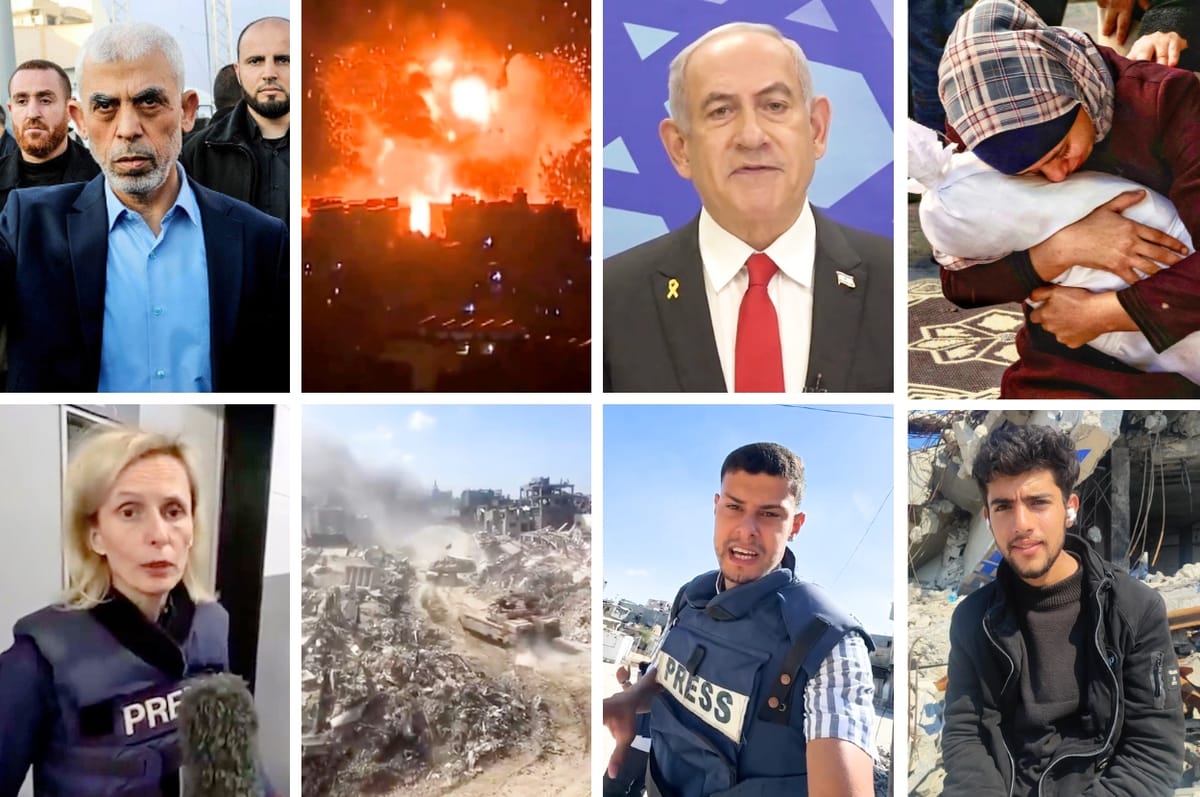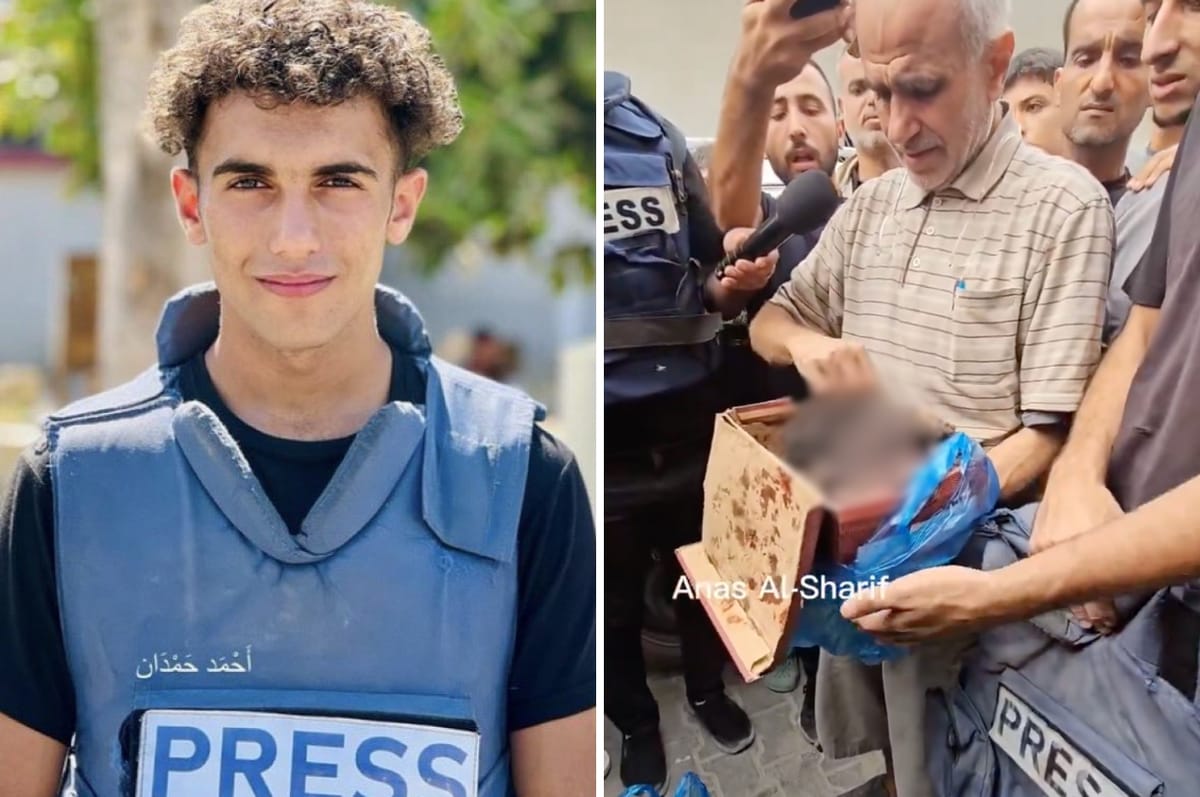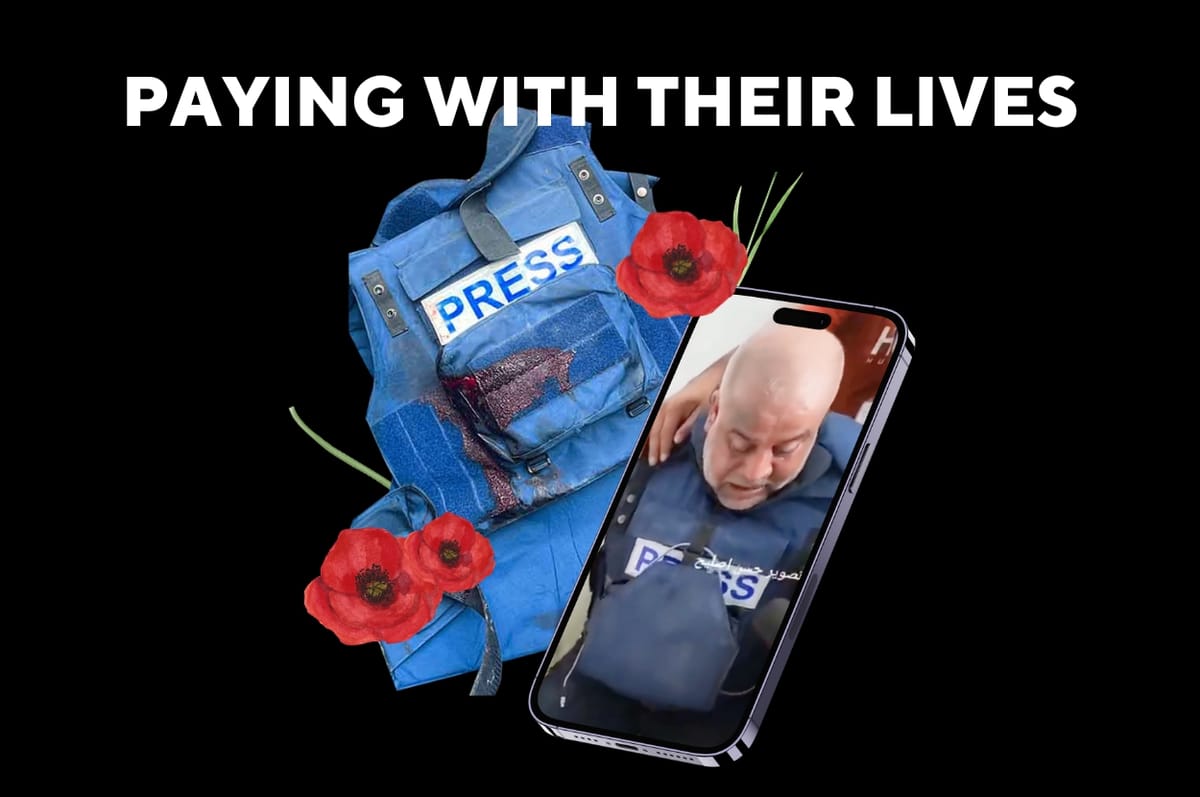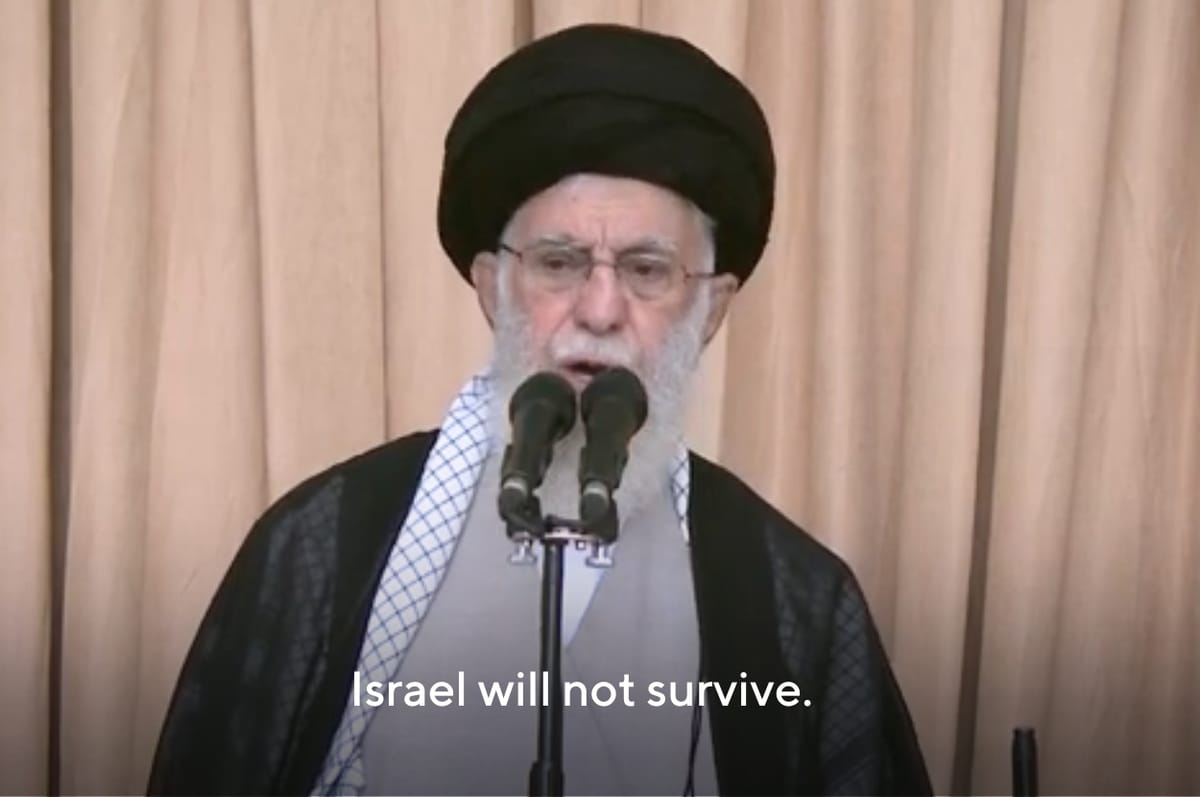Here's What Really Happened During Israel's Genocide In Gaza In October 2024
Here’s what happened during Israel’s genocide on Gaza in October 2024.

Here’s what happened during Israel’s genocide in Gaza in October 2024.
1. Israel's genocide in Gaza hit one year with Israel killing over 41,909 Palestinians in Gaza as of Oct. 7, 2024
Since Oct. 7, Israel has killed more than 41,870 Palestinians, with 17,000 being children and many under the age of two.
It has injured more than 97,166 others, mostly women and children.
2. Israel began imposing a total siege on north Gaza, killing at least 900 Palestinians since Oct. 6
In what many are calling ethnic cleansing, Israel’s military has said that Palestinians it forced from North Gaza will not be allowed to return home.
On Tuesday, Nov. 5, an Israeli general told reporters that its army was close to the “complete evacuation” of North Gaza, which it has been besieging since Oct. 6.
He added that “there is no intention of allowing the residents of the northern Gaza Strip to return.”
This prompted outrage as people said Israel was ethnically cleansing north Gaza.
3. Israel invaded Lebanon and started pounding hospitals, homes and UN peacekeeping sites with bombs
Israel heavily bombed Beirut’s southern suburbs and other cities across Lebanon on the evening of Sunday, Oct. 6, launching one of the most intense Israeli air strikes on Lebanon since it started what it called a “new phase” of its war on Sep. 17 against Hezbollah to return Israelis who fled the north to their homes.
Since Israel declared war on Hamas on Oct. 7, it has been clashing with Hezbollah almost daily along the two countries' border.
The fighting has forced thousands of people on both sides of the border to flee their homes.
4. Israel killed Hamas' leader, Yahya Sinwar, in battle in Gaza but Netanyahu insisted the war is not over
Israeli forces have released drone footage of what they say is Hamas’ leader Yahya Sinwar’s final moments before they killed him on Oct. 16 in Rafah, Gaza.
The video showed Sinwar seated in an armchair within a heavily damaged building in southern Gaza, wearing a keffiyeh and with a severe injury to his right arm.
After a few seconds, he threw a stick at the drone in what appeared to be an attempt to knock it out.
He was located in a building in the Tel al-Sultan in Rafah, fighting Israeli soldiers in an Israeli military raid that involved heavy fire, including tank shells and missiles, which contributed to the destruction of the building where Sinwar was.
The autopsy report showed Sinwar was killed by a gunshot to the head, according to the director of Israel’s National Forensic Institute.
5. Iran launched a huge missile attack on Israel in response to Israel's attacks on Gaza and Lebanon
Iran launched a huge barrage of missiles toward Israel of about 180 ballistic missiles on Oct. 1.
Iran said the attack was in retaliation for Israel’s assassinations of Ismail Haniyeh, Hamas’ former political leader in Iran, and Hezbollah’s longtime leader, Hassan Nasrallah, as well as Israel’s deadly attacks in Lebanon and genocide in Gaza that has killed more than 41,638 Palestinians.
Iran said that it acted within its right to “defend itself”.
The missile strikes occurred in two waves and targeted various military and intelligence centers within Israel, particularly aiming to overwhelm Israeli air defense systems.
Most of the missiles were targeting Israel’s intelligence agency, Mossad, and two air bases – Nevatim Air Base and Tel Nof Air Base, according to CNN.
However, Mossad’s headquarters is located in Tel Aviv’s Glilot neighborhood, a densely populated residential area, which puts civilians in danger.
No deaths were reported, but two people were injured by falling shrapnel in Tel Aviv, according to Israel’s emergency service, Al Jazeera reported.
Approximately 100 houses in central Israel were reported damaged, while some areas caught fire from the falling shrapnel and debris.
6. Israel openly bombed Iran for the first time, pushing the Middle East to the bring of all-out war
Israel launched a huge attack on Iran, targeting military sites in what it called “Operation Days of Repentance”, leading to growing fears of all-out war breaking in the Middle East.
Early on Saturday, Oct. 26, Israel launched dozens of fighter jets at Iran, as its long awaited response to Iran’s Oct. 1 attack on Israel.
Iran had been retaliating against Israel’s assassination of Hamas’ political leader Ismail Haniyeh in Iran and Hezbollah’s leader Hassan Nasrallah in Lebanon.
Israel’s attack killed four Iranian soldiers, according to local media.
Israel said it carried out three waves of airstrikes, hitting 20 military sites including missile and drone manufacturing sites and aerial defences in several areas in Iran.
Iranian authorities said that the attacks had been successfully countered, adding that there was "limited damage" in some locations.
7. The UN found Israel committed war crimes by targeting and destroying healthcare facilities in Gaza
The UN commission released a report on Thursday, Oct. 10, finding that Israel engaged in a "concerted policy" aimed at dismantling Gaza's healthcare system as part of its genocide in Gaza.
The report said Israeli forces have deliberately killed, detained and tortured medical personnel and targeted medical vehicles while tightening its siege on Gaza and restricting permits to leave the territory for medical treatment.
It identified Israeli military actions that amount to war crimes, including willfully killing and mistreating of medical staff, as well as destroying civilian property.
Hospitals, healthcare and civilian infrastructure are protected under international humanitarian law (IHL), also known as the rules of war.
The report found that between Oct. 7, 2023, and July 30, 2024, Israel conducted 498 attacks on healthcare facilities in Gaza, killing 747 people and injuring 969 others.
The World Health Organization reported that 78% of these attacks were done through military force.
8. Israel banned the UN's Palestine aid agency from operating in the country, accusing it of being Hamas
Israel's parliament, the Knesset, passed two bills on Monday, Oct. 28, banning the United Nations Relief and Works Agency for Palestine Refugees (UNRWA) from “conducting any activity” within Israel and its occupied territories.
The legislation may also lead to UNRWA having to shut down its East Jerusalem headquarters and block aid deliveries into Gaza, particularly at the Rafah crossing, according to AP.
This move could have dire consequences for millions of Palestinians in Gaza who entirely rely on the agency's services for essential aid delivery as Israel continues its genocide.
Israeli lawmakers also passed a bill labeling UNRWA a terrorist organization.
By doing this, UNRWA staff will no longer have legal protection that is typically granted to humanitarian workers and Israeli government officials will also be banned from engaging or working with UNRWA personnel.
This might also prevent UNRWA from obtaining necessary permits for its operations, including entry and work permits for foreign staff.
The bill was created because Israel had accused some UNRWA employees of being involved in Hamas’ Oct. 7 surprise attack on Israel and claimed that at least 12 staff members belonged to Hamas, according to Reuters.
More On Israel's Genocide In Gaza












